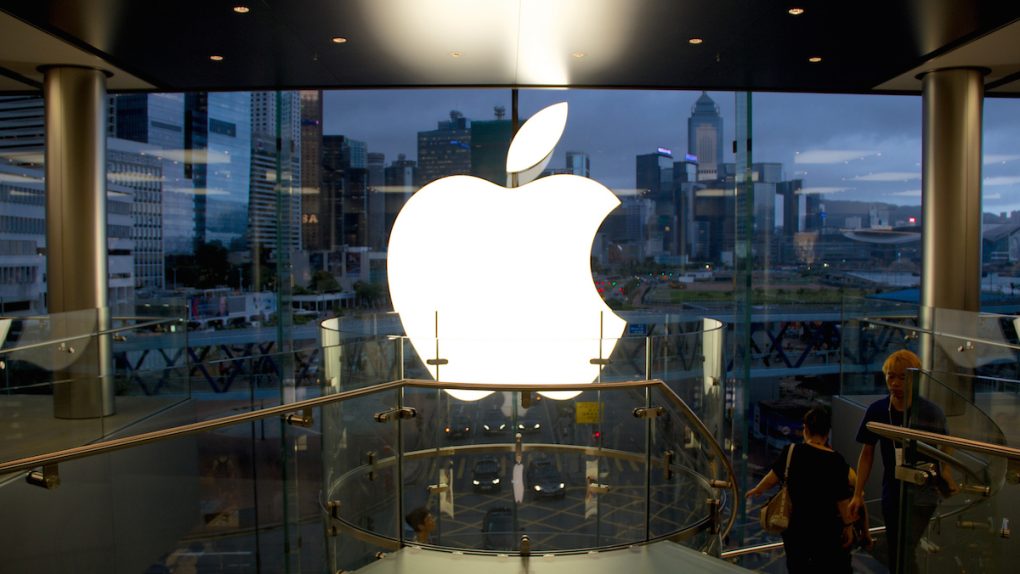While many are looking forward to Apple rolling out its own TV subscription service in 2016, recent comments from CBS CEO Leslie Moonves suggest that Apple’s plans may be coming along much slower than initially anticipated.
While speaking at the UBS Global Media and Communications Brokers Conference yesterday, Moonves said that Apple’s interest in bringing a TV subscription to market has cooled considerably as of late. Recapping Moonves’ remarks via Twitter, Joan Solsman of The Wrap attributed the following quote to Moonves.
“Apple went down the road apiece, then they slowed it down,” Moonves said.
DON’T MISS: Remarkable new sensor chip pulls power out of the air so it never needs to be charged
Other tweets from those attending the conference relayed the same sentiment, namely that Moonves described Apple’s interest in TV subscriptions as an “exploration” and that their interest in rolling out such a service has cooled.
Moonves suggesting at UBS Media Conference that Apple’s interest in launching a streaming video service has cooled.
— Alex Weprin (@alexweprin) December 7, 2015
Interestingly enough, some of the more optimistic takes on Apple’s rumored TV service previously came from Moonves himself. Just last month, for instance, the outspoken CBS CEO said that “Apple is having conversations with everyone about doing their own streaming services” and that such a service would “probably” launch in the future.
Moonves’ previous optimism aside, it’s worth noting that many of the more recent rumblings regarding an
In addition hashing out complex content licensing issues, Apple according to some reports has encountered stiff resistance with respect to its planned pricing plan. If you recall, Apple’s vision for TV subscription service involves a lightweight offering of anywhere from 25-30 channels priced in the $40 range, a price which is far too low for some content owners.
Additionally, there have also been reports of Apple’s struggles in ensuring that its TV service would be capable of transmitting smooth video with minimal lag and stuttering.
A Bloomberg report from this past August briefly touched on this specific challenge:
In addition to securing content, Apple has encountered problems creating a computer network that will ensure a fast, glitch-free viewing experience throughout the U.S. Such a network requires storing popular shows close to viewers, so each time a customer in New York for example wants to see local baseball game or the evening news, the shows don’t have to be streamed all the way from one of Apple’s four data centers in California, Nevada, North Carolina and Oregon.
Without question, a TV subscription service from Apple priced at less than half of what many people pay for cable would be a game changer. Unfortunately, the realities of the marketplace may not let that happen as soon as many people were initially hoping.








